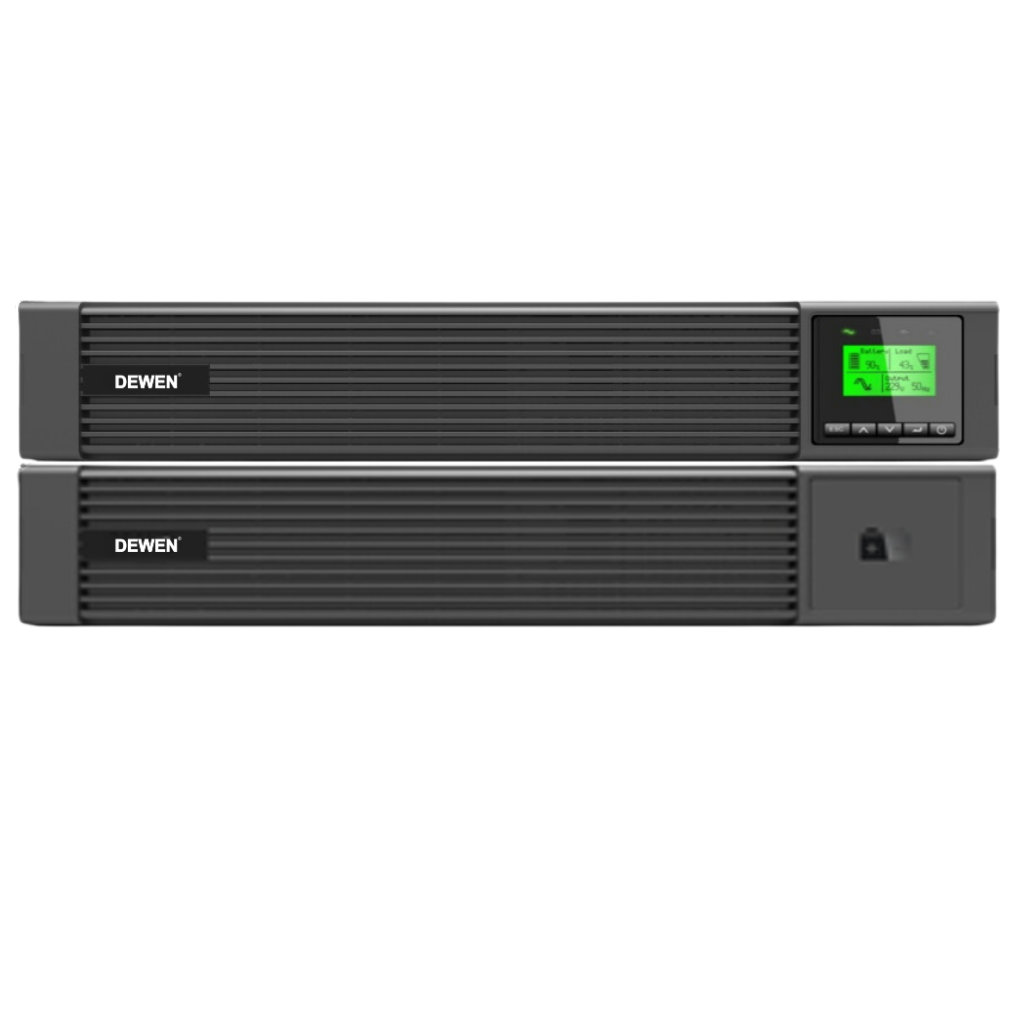
In the modern age of telecommunications and IT, uninterrupted power supply (UPS) systems are indispensable. They ensure seamless operations by providing backup power during outages or fluctuations, protecting sensitive equipment, and maintaining critical data integrity. While traditional lead-acid batteries have long been the standard in these systems, the adoption of lithium-ion (Li-ion) batteries is transforming the landscape, particularly in small UPS ratings used in telecom and IT applications. Here’s why this shift is happening and why Li-ion is emerging as the preferred choice.
What Makes Lithium-Ion Batteries Ideal for Small UPS Systems?
1. Compact and Lightweight Design
Compared to lead-acid batteries, lithium-ion batteries have a higher energy density. This means they store more power in a smaller, lighter package—perfect for small UPS systems where space is often limited. Their compact size makes installation easier, especially in telecommunications cabinets or IT racks.
2. Longer Lifespan Reduces Costs
One of the standout advantages of lithium-ion batteries is their durability. These batteries can last 10-15 years under optimal conditions, far outlasting traditional options. This extended lifespan means fewer replacements, reducing the total cost of ownership (TCO) for businesses in the long run.
3. Faster Recharge for Quick Turnaround
In environments with frequent power disruptions, quick battery recharge is essential. Lithium-ion batteries can recharge much faster than lead-acid batteries, ensuring that your UPS system is always ready to protect critical systems.
The Benefits of Lithium-Ion Batteries in Telecom and IT UPS Applications
1. Enhanced Temperature Resilience
Telecom and IT setups often operate in environments with temperature fluctuations. Lithium-ion UPS systems are more resistant to high and low temperatures, maintaining performance without requiring extensive cooling measures. This translates to improved reliability and cost savings.
2. Smarter Battery Management
Lithium-ion batteries feature advanced Battery Management Systems (BMS), which monitor performance, state of charge, and health in real-time. This ensures predictive maintenance, reduces downtime, and prolongs battery life.
3. Sustainability for the Future
As industries strive for greener solutions, lithium-ion UPS systems offer an eco-friendly alternative. They are more energy-efficient, last longer, and are easier to recycle compared to lead-acid batteries, aligning with sustainability goals.
How Lithium-Ion Batteries Benefit Remote Telecom and IT Locations
For telecom towers and IT setups in remote areas, the reduced maintenance needs of lithium-ion batteries are a game changer. Their reliability and low servicing requirements cut down operational costs and ensure uninterrupted power, even in challenging environments.
Market Trends Driving Lithium-Ion Adoption
Challenges to Address
While the advantages of lithium-ion batteries are clear, some challenges remain:
- Higher Initial Costs: Although their long-term benefits outweigh the upfront expense, cost can be a hurdle for small businesses.
- Safety Concerns: Proper battery management systems mitigate risks like thermal runaway, but they require careful implementation.
- Recycling Infrastructure: Scaling recycling facilities to handle end-of-life lithium-ion batteries is crucial as adoption grows.
Future-Proof Your Power with Lithium-Ion UPS Systems
The adoption of lithium-ion batteries for small UPS systems in the telecom and IT sectors is not just a trend—it’s the future. With superior performance, a lower total cost of ownership, and a smaller environmental footprint, lithium-ion is redefining how we approach backup power solutions.
Are you ready to future-proof your UPS systems? Explore the power of lithium-ion today.
